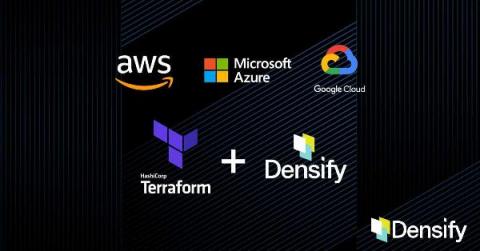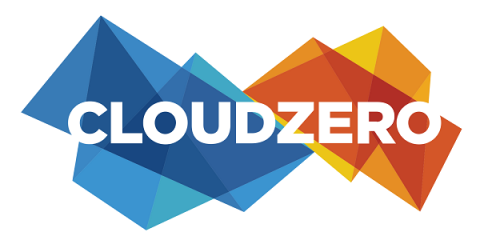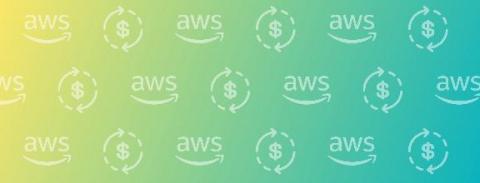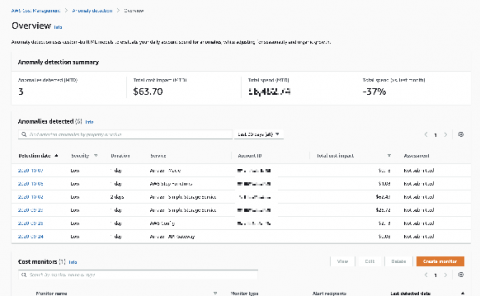Cloud Cost Optimization with HashiCorp Terraform
Cloud is a driving force that is reshaping organizations to adapt their people and processes in embracing this game-changing technology. Recently, Mike Fonseca of HashiCorp published a Guide to Cloud Cost Optimization with HashiCorp Terraform, in which he details how Densify can seamlessly integrate with Terraform in to help ensure your enterprise infrastructure is always cost optimized.







